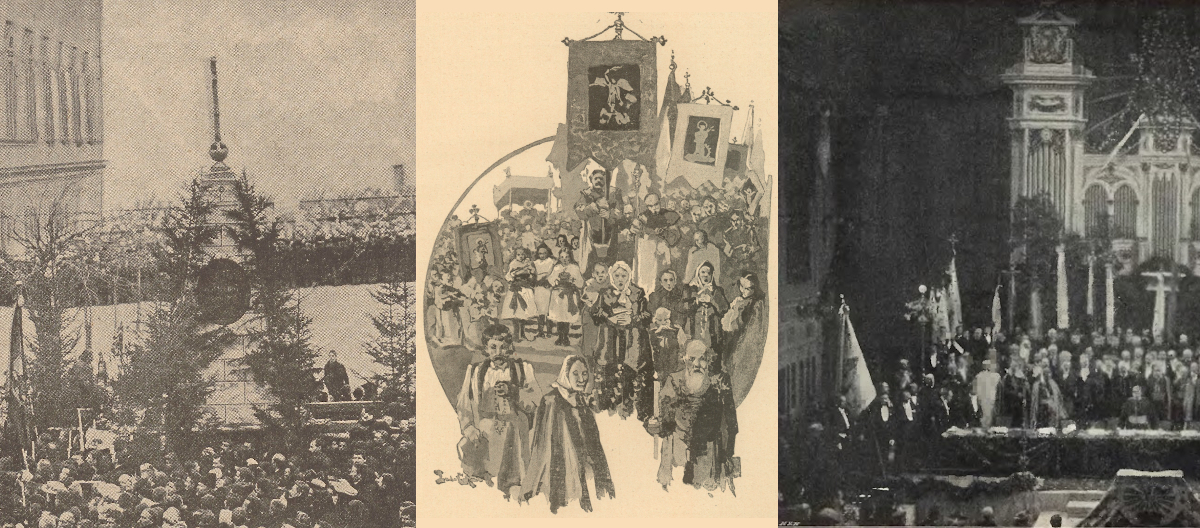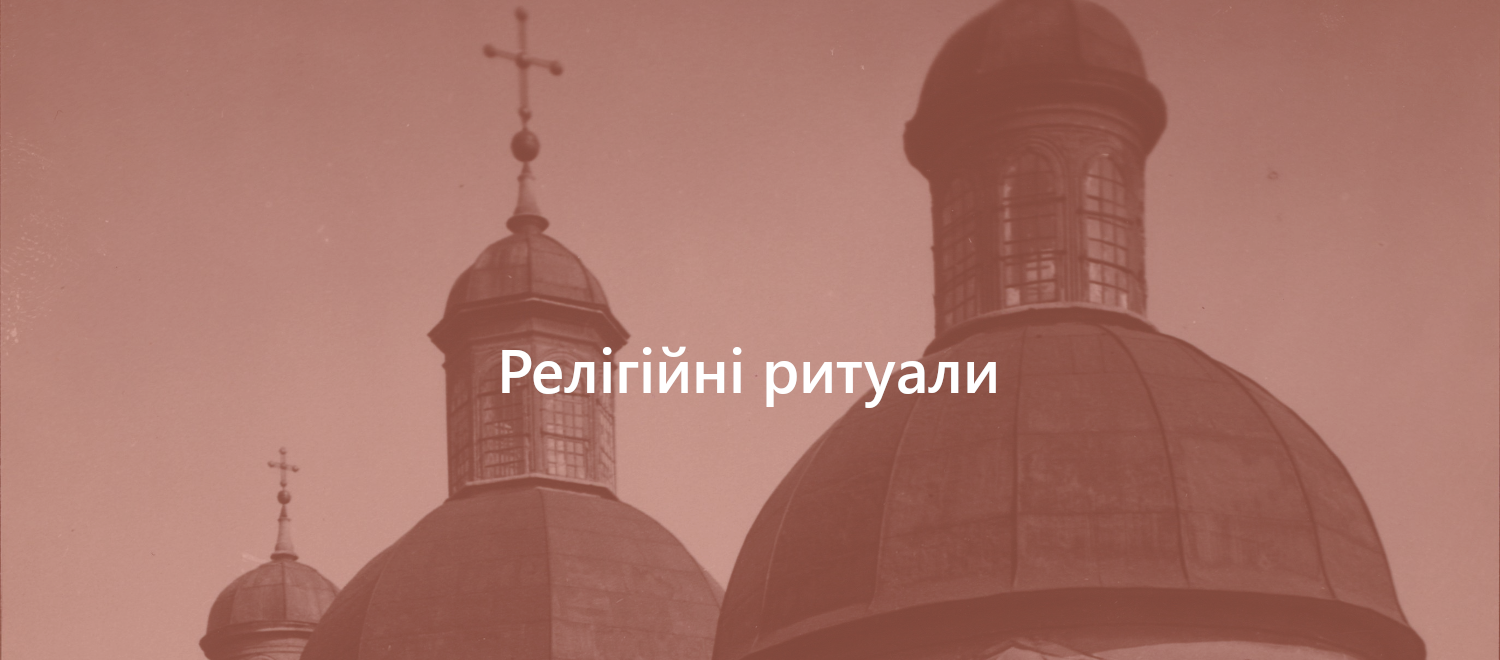

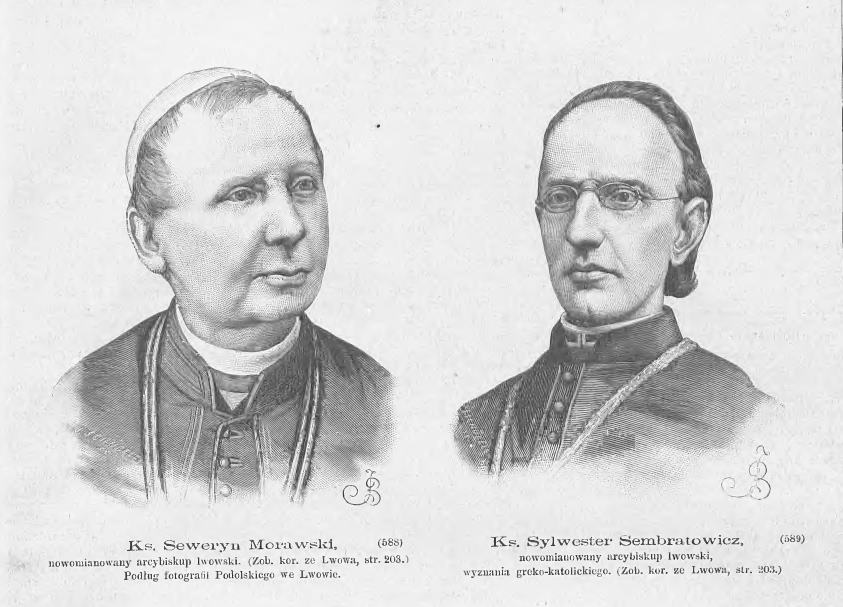
The enthronements of Roman Catholic and Greek Catholic archbishops
Lviv was the center of three metropolitanates: Roman Catholic, Greek Catholic and Armenian Catholic. In the late 19th century, two of them became distinctly "national", which was also reflected in the ceremonial enthronement of hierarchs.
The 900th anniversary of the baptism of Rus (1888)
Unlike the 300th anniversary of the Union of Brest, the celebration of the 900th anniversary of the baptism of Rus was symbolically connected not with Rome, but with the East Slavic space.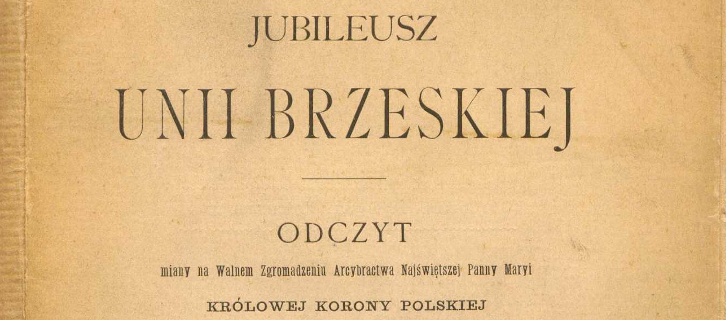
The Catholic assembly for the 300th anniversary of the Union of Brest (1896)
A mass event dedicated to the 300th anniversary of the church Union of Brest, held in Lviv in July 1896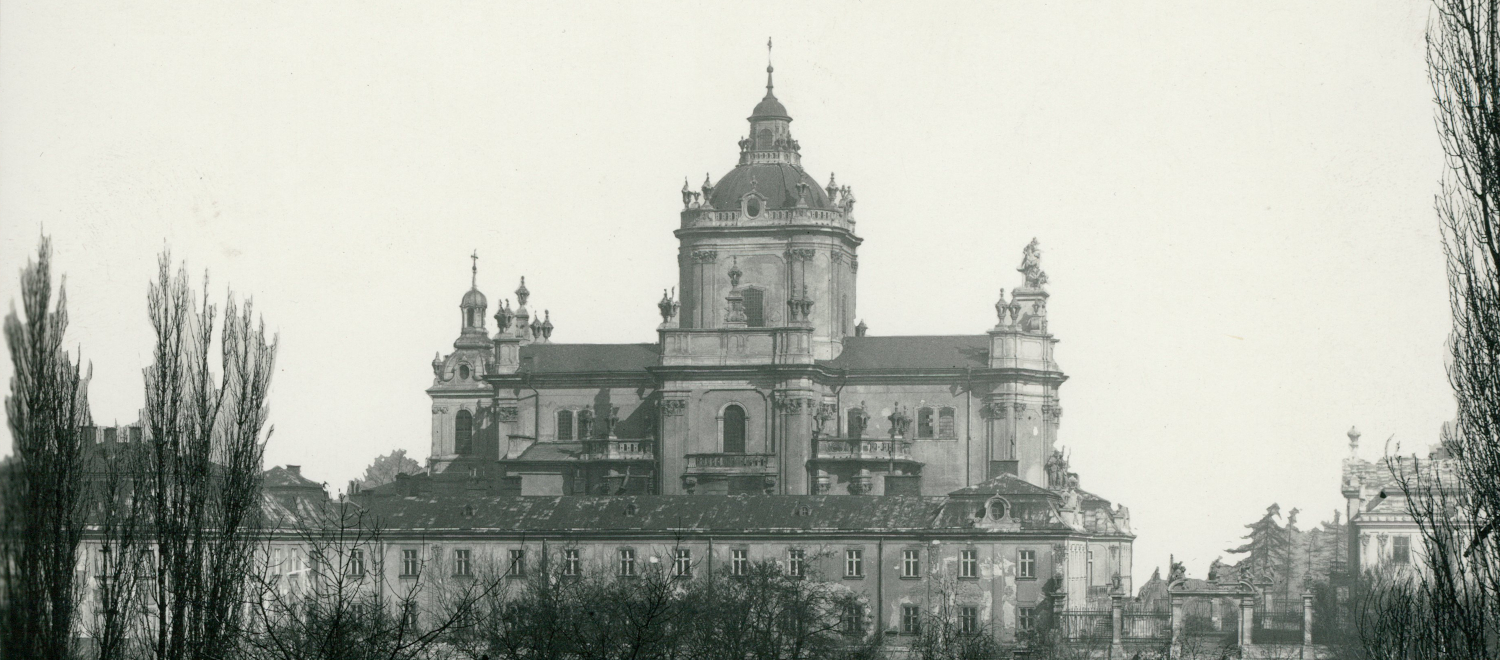
The 300th anniversary of the Brest Church Union (1896)
A series of religious celebrations dedicated to the Catholic jubilee was organized by the Lviv Metropolitanate of the Greek Catholic Church. In them, not only religious but also national affiliation was manifested and loyalty to the monarchy was demonstrated.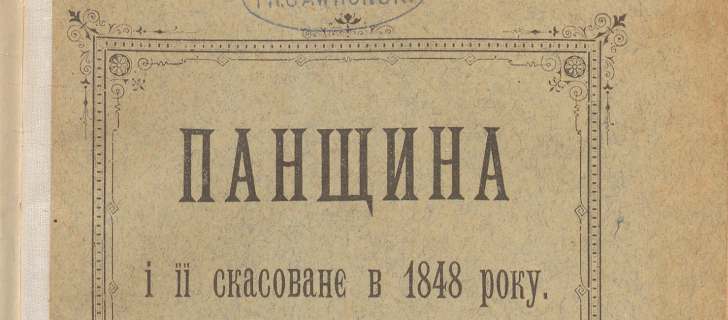
Commemoration of the 50th anniversary of the abolition of corvee labour held in Lviv (1898)
The anniversary of the "liberation of the peasantry", which was marked by a celebration in the capital of the crown province, was a confirmation of the status of Lviv both as a place where public policy was made and as a symbolic city for which national projects competed. The large-scale character of the "Ruthenian action" was, as usual, to be provided by peasants from throughout the province.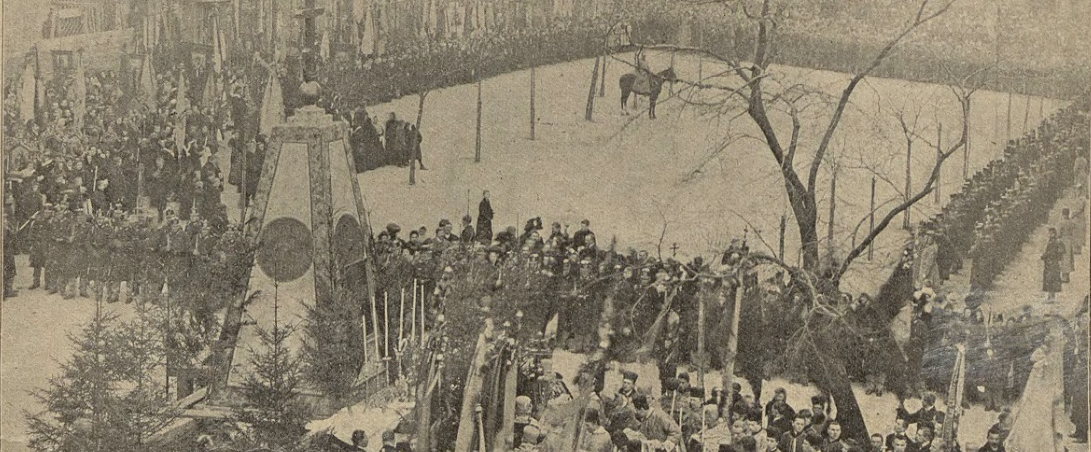
Epiphany celebration
The most significant annual religious celebration held in Lviv by Greek Catholics was the celebration of Epiphany.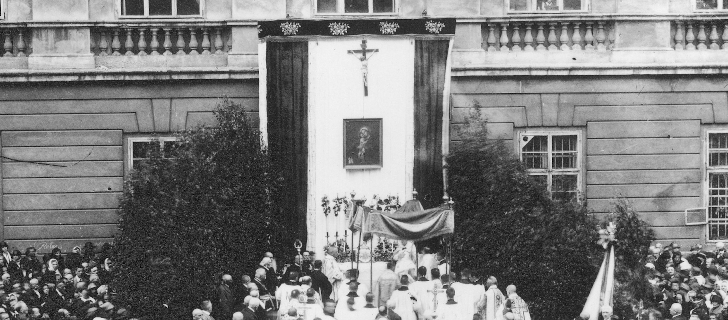
The Corpus Christi feast, the Rifle Association and the "rifleman king" election
The Corpus Christi feast, celebrated on the 60th day after Easter, was the most significant annual Roman Catholic celebration in Lviv. It had a distinctly national character and was interpreted as "Polish."